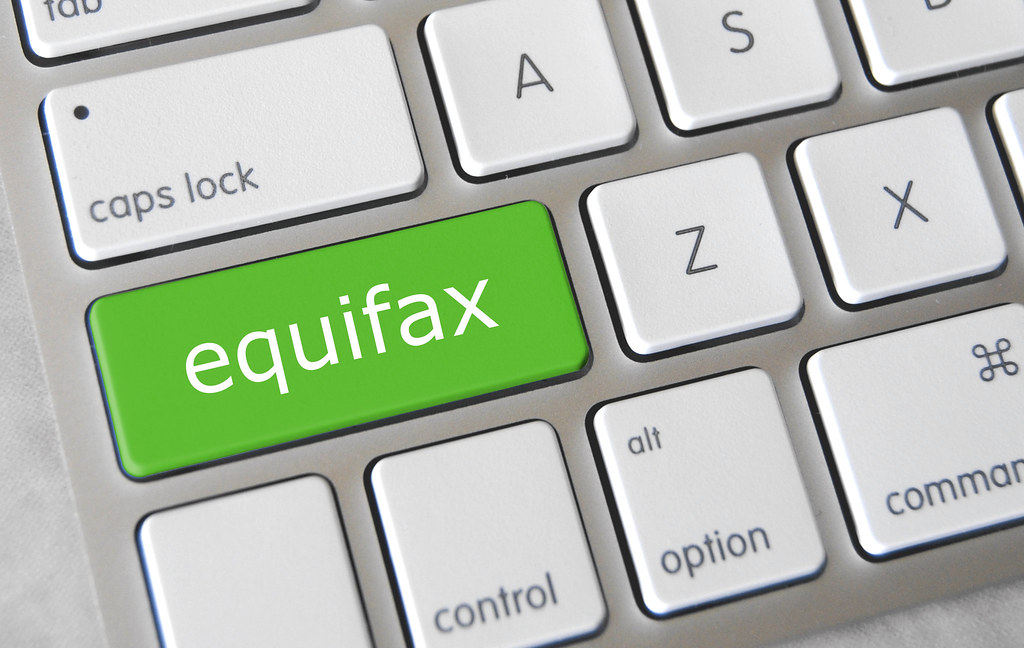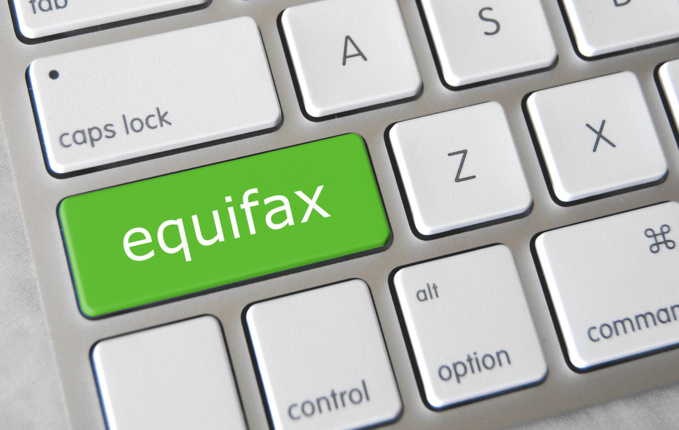About $ 425 million of this amount will be used to compensate losses to customers affected by the data leak as well as to provide them with credit monitoring services, the US Federal Trade Commission (FTC) said. In addition, Equifax will pay $ 175 million to 48 US states, the District of Columbia and Puerto Rico, and another $ 100 million to the Consumer Financial Protection Bureau.
The agreement with regulators also provides for an annual safety risk assessment program, as well as testing data protection tools.
The data leak, which Equifax reported in September 2017, has become one of the biggest in history. The array of information obtained by the attackers included the names, social security numbers, dates of birth, addresses, and in some cases driver's license numbers of Americans. In addition, credit card numbers of more than 200 thousand people fell into their hands.
Equifax American CEO Richard Smith resigned after this incident.
Payments of $ 650 billion are generally in line with the company's expectations. In the last financial report, Equifax reported that it had reserved $ 690 million to cover potential costs in this case. The company has already spent hundreds of millions of dollars to improve technological systems and to provide free services to affected customers.
Hackers had been extorting data from Equifax computer systems for several months by exploiting a software vulnerability. Until now, there has been no information about who is behind the hacker attack. Experts noted that the data that could be stolen has not emerged in online chat rooms, where you can usually buy or sell such information.
source: cnn.com
The agreement with regulators also provides for an annual safety risk assessment program, as well as testing data protection tools.
The data leak, which Equifax reported in September 2017, has become one of the biggest in history. The array of information obtained by the attackers included the names, social security numbers, dates of birth, addresses, and in some cases driver's license numbers of Americans. In addition, credit card numbers of more than 200 thousand people fell into their hands.
Equifax American CEO Richard Smith resigned after this incident.
Payments of $ 650 billion are generally in line with the company's expectations. In the last financial report, Equifax reported that it had reserved $ 690 million to cover potential costs in this case. The company has already spent hundreds of millions of dollars to improve technological systems and to provide free services to affected customers.
Hackers had been extorting data from Equifax computer systems for several months by exploiting a software vulnerability. Until now, there has been no information about who is behind the hacker attack. Experts noted that the data that could be stolen has not emerged in online chat rooms, where you can usually buy or sell such information.
source: cnn.com



















